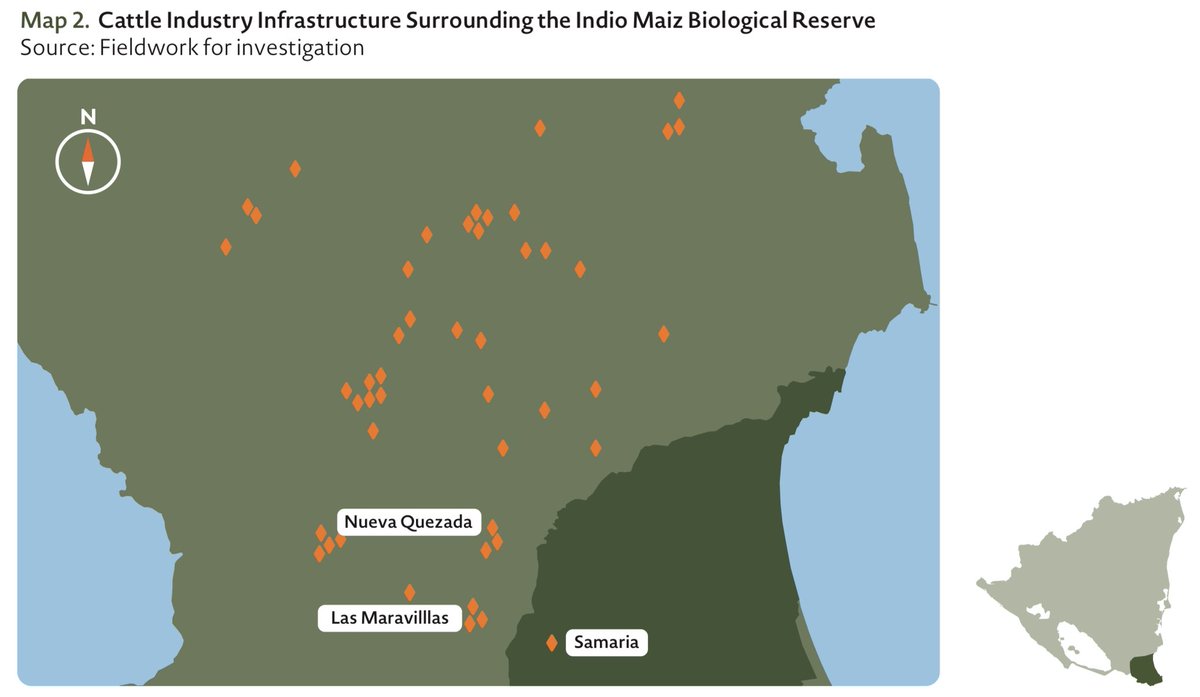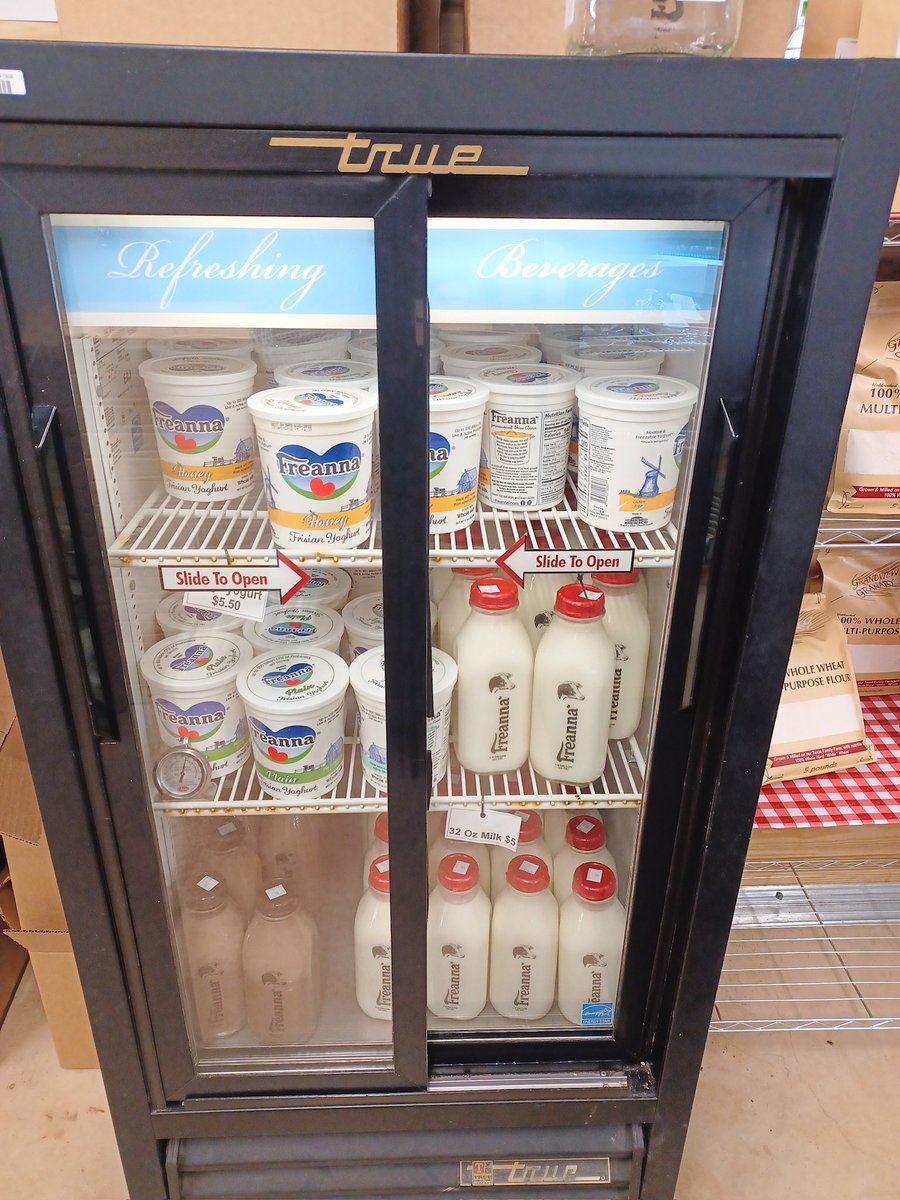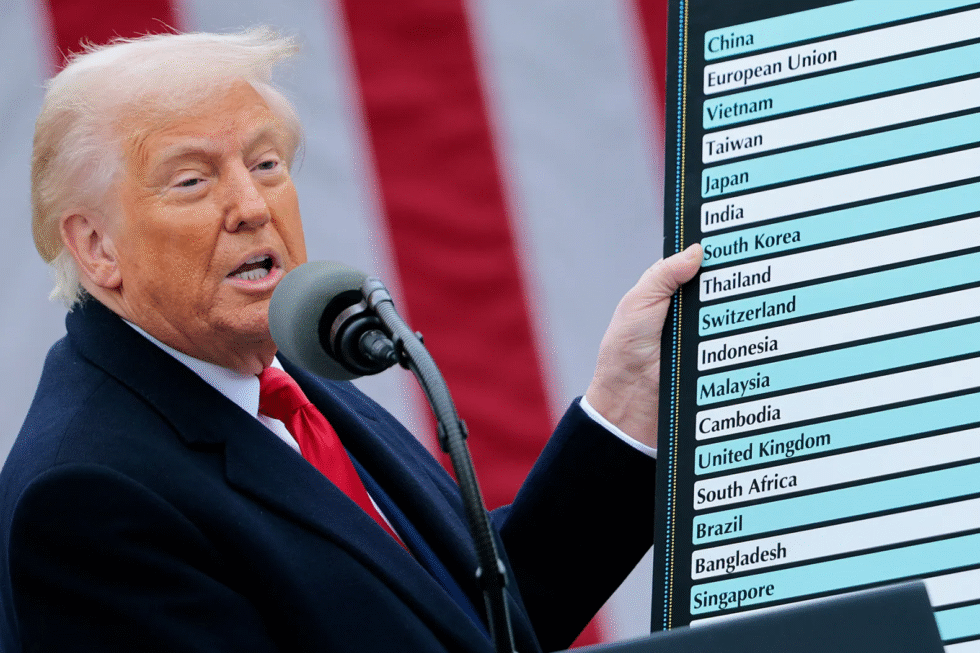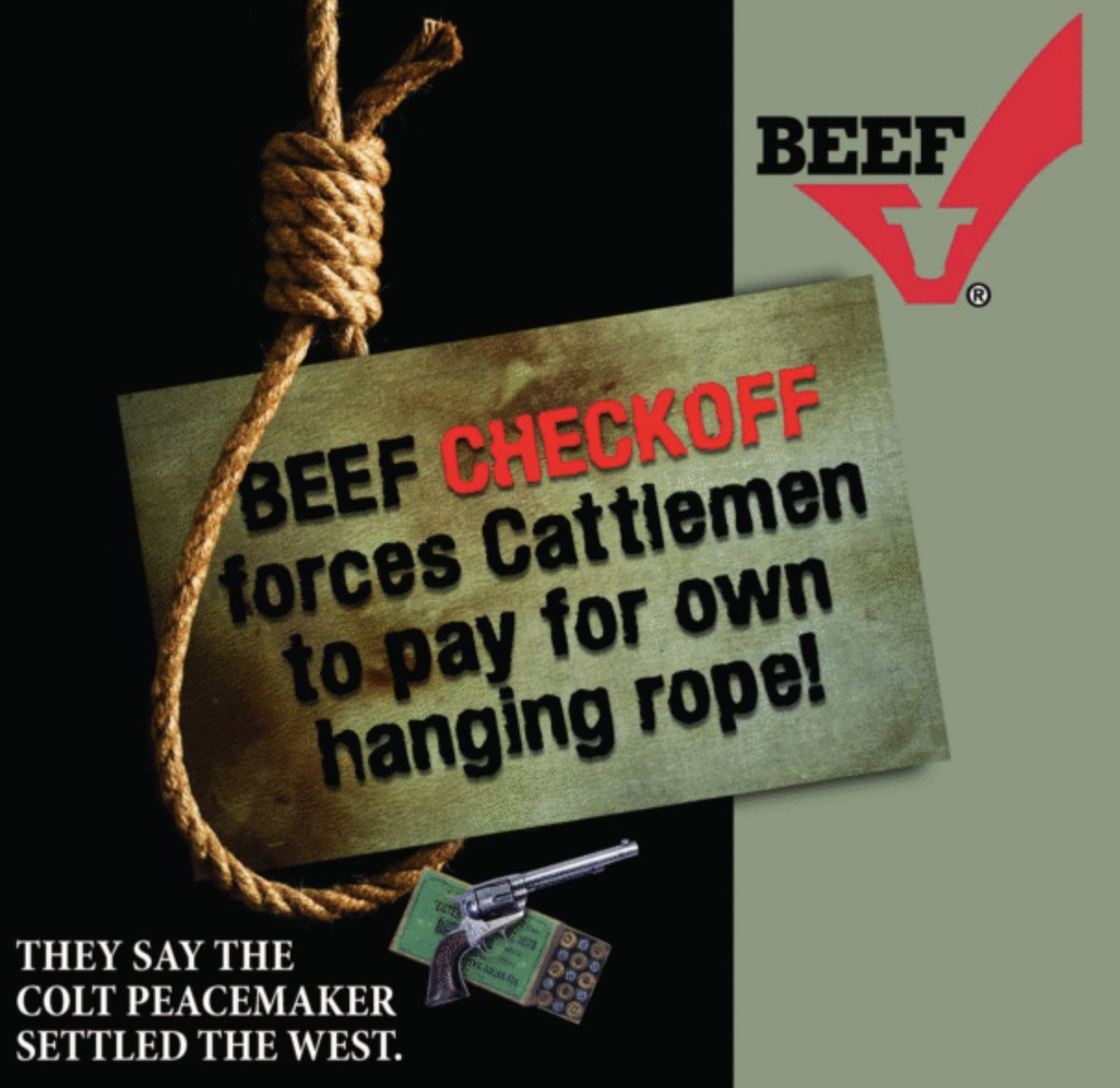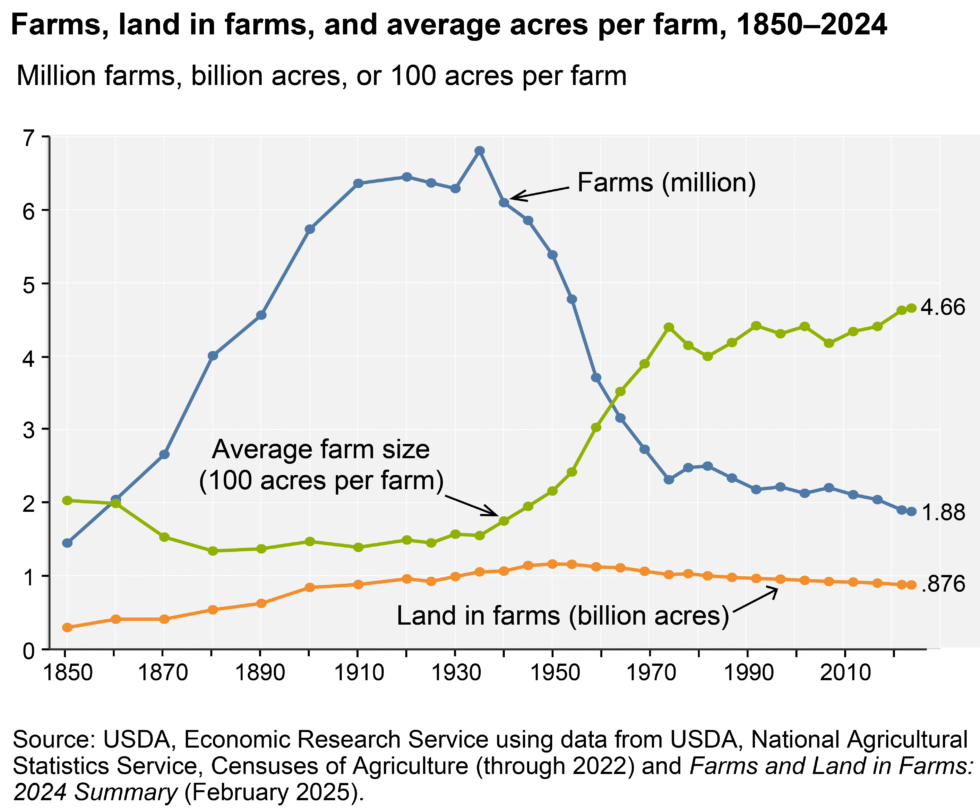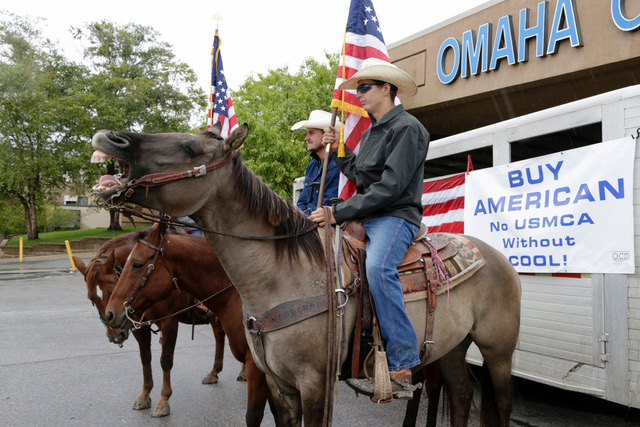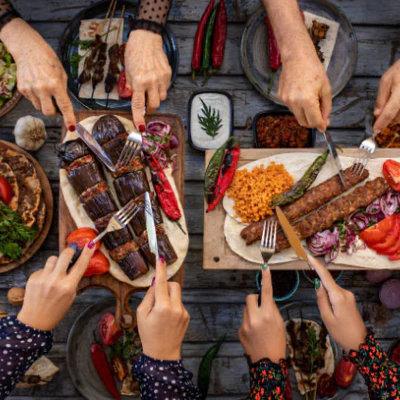🧵 A PRIMER: @EPA Regulations and the Future of Meat Processing. This thread serves as an intro to our upcoming Twitter Spaces where we'll dive deeper into the implications of the EPA's new initiatives. Continue reading below: 

@EPA @modernTman @Breeauna9 @TirBluen @TexasSlimsCuts @RepThomasMassie The EPA aims to curb nutrient pollution in waterways by enforcing stringent effluent limitations on meat processing plants. This requires significant investment in water treatment and puts a strain on smaller processors with limited financial resources. federalregister.gov/d/2023-28498


@EPA @modernTman @Breeauna9 @TirBluen @TexasSlimsCuts @RepThomasMassie @EPAwater Proposed EPA regulations may lead to decreased productivity and potential facility closures within the meat processing industry, posing challenges to both environmental health and the food supply chain. 

@EPA @modernTman @Breeauna9 @TirBluen @TexasSlimsCuts @RepThomasMassie @EPAwater EPA's new rules could escalate operational costs, increase CO2 and methane emissions, and potentially harm wildlife downstream due to necessary additives in water treatment processes. 
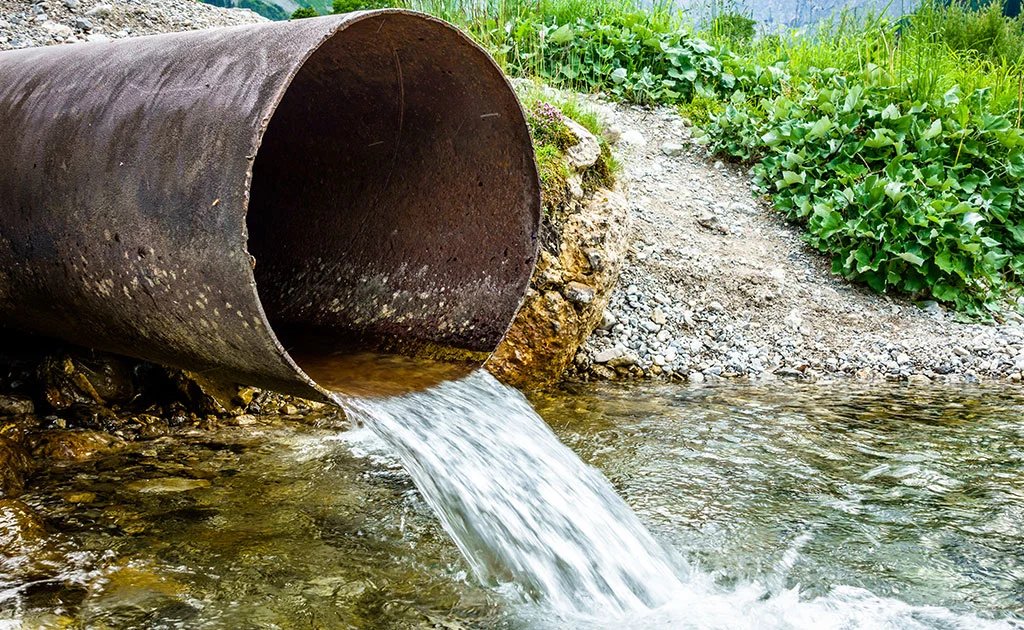
@EPA @modernTman @Breeauna9 @TirBluen @TexasSlimsCuts @RepThomasMassie @EPAwater The BEEF Act, proposed by Reps. Estes and Burlison, aims to protect small family-owned processors from the EPA's new rules, igniting a debate on balancing environmental protection with food security. 

@EPA @modernTman @Breeauna9 @TirBluen @TexasSlimsCuts @RepThomasMassie @EPAwater Innovations in water treatment technology and a shift towards smaller, sustainable operations could help the meat processing industry meet environmental standards without sacrificing efficiency. 

@EPA @modernTman @Breeauna9 @TirBluen @TexasSlimsCuts @RepThomasMassie @EPAwater The dialogue between environmentalism and industrial viability continues tomorrow. A much needed collaboration to find balanced solutions that ensure both environmental and food security. Join us on Spaces tomorrow! twitter.com/i/spaces/1ynKO…
• • •
Missing some Tweet in this thread? You can try to
force a refresh


